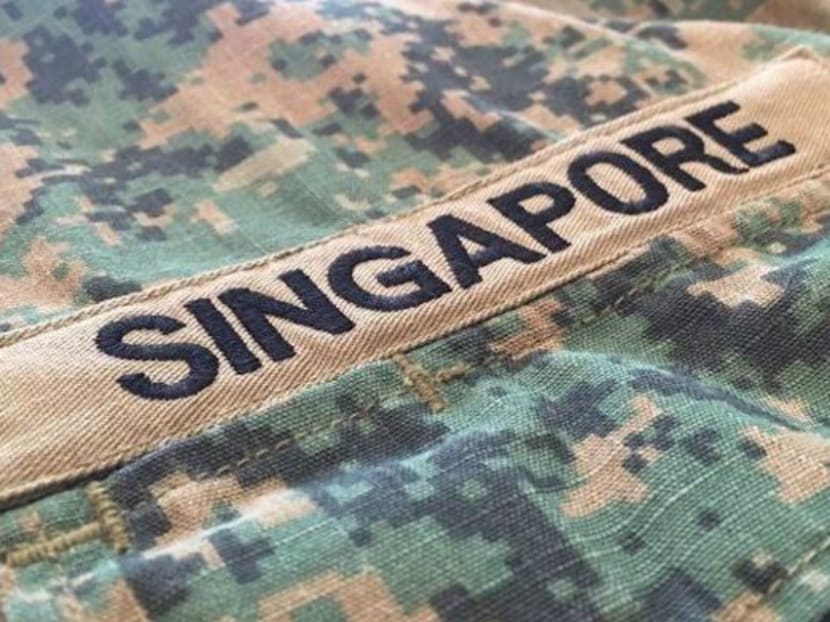SAF personnel not immune to being charged for rash, criminal acts
SINGAPORE — Contrary to misperceptions, Singapore Armed Forces (SAF) personnel can be charged and punished in the criminal courts if they commit rash and negligent acts during the course of their military duties that lead to injuries or deaths, said the Army yesterday.
SINGAPORE — Contrary to misperceptions, Singapore Armed Forces (SAF) personnel can be charged and punished in the criminal courts if they commit rash and negligent acts during the course of their military duties that lead to injuries or deaths, said the Army yesterday.
But it is the Attorney-General’s Chambers (AGC), and not the SAF, which decides if the evidence in any incident warrants bringing charges against such personnel, the Army added.
Brigadier-General Chan Wing Kai, who is Commander of Army Training and Doctrine Command, made the point yesterday in a note posted on the Army’s Facebook page yesterday, which sought to clarify issues that have arisen since a High Court struck out a lawsuit brought against the SAF and two of its personnel by the family of the late Private Dominique Sarron Lee.
Lee, who was asthmatic, died in April 2012 because of an acute allergic reaction to fumes from smoke grenades used during a training exercise.
A Committee of Inquiry convened after the incident found that the number of smoke grenades discharged (six), and the distance between the smoke grenades were in breach of training safety regulations.
But a Coroner’s Inquiry had found that Lee’s allergic reaction was “not reasonably foreseeable”, BG Chan noted, hence no criminal charges were brought against chief safety officer of the exercise and Lee’s platoon commander.
In striking out the civil suit by Lee’s family last week, a High Court judge ruled that the duo’s actions fell within a provision under Section 14 of the Government Proceedings Act, which indemnifies against negligence suits for deaths and injuries because of military duty.
Lawyers interviewed said the Act can be invoked as a defence in civil cases, but not criminal cases.
Singapore Management University law don Eugene Tan said the provision “shouldn’t be mistaken as giving blanket immunity to the armed forces and its personnel performing official duties”.
But without the Act, officers might conduct exercises carrying no risks out of fear of incurring personal liability, which may not provide the realistic setting for military training. “The Government Proceedings Act sets out to strike that balance. And military law and other legislation ensure that responsibility is not shirked,” he added.
Lawyer Muntaz Zainuddin of Kalco Law pointed out an exception to the Act. “Let’s say it has nothing to do with the duties that (the officer) is supposed to carry out, but (the officer) made the soldier do (an act that resulted in death or injury), then he would be liable.”
In his post, BG Chan also cited recent instances where SAF personnel were dealt with in court for rash or negligent acts during duty.










